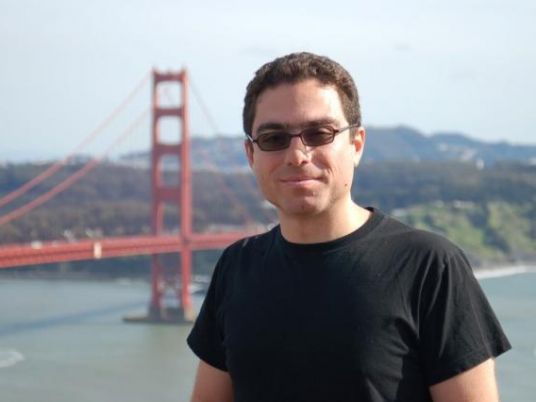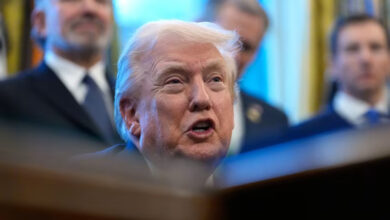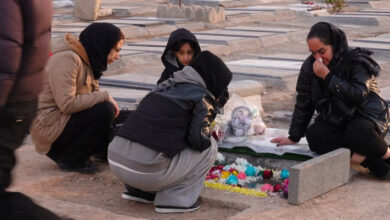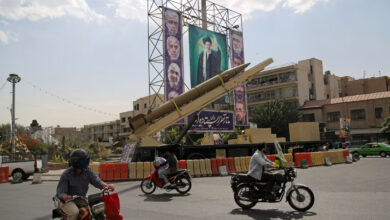
Iran's judiciary signaled on Saturday that Iranian-American businessman Siamak Namazi, detained since October in a case being watched internationally, had not been given access to a lawyer.
The businessman was on a list published last month by the official Islamic Republic News Agency and the Tabnak website of four prisoners to be freed from detention in Iran in a prisoner exchange with the United States. His name was later withdrawn from the list with no explanation.
Five Iranian-American groups have written to US Secretary of State John Kerry urging him to work to release Namazi, who they said was "left behind" after the prisoner swap.
Namazi was detained by Iran's Islamic Revolutionary Guard Corps while in Iran visiting family. Officials have yet to announce charges against him.
Namazi's 80-year-old father Baquer Namazi was arrested on Monday after traveling to Iran to try to visit his son in Evin prison.
On Saturday, judiciary spokesman Gholamhossein Mohseni Ejei mentioned the case in answer to international media reports that Siamak Namazi had been denied access to a lawyer, Tasnim news agency reported.
He was quoted as saying: "According to the criminal code, lawyers should be approved by the head of the judiciary in security cases … therefore if a lawyer is presented according to these rules he will be accepted, whether on this case or any other."
"There is one law for all accused," Ejei added. Iran does not recognize dual nationality.
Last week, the younger Namazi's attorney and family said he had been denied access to his lawyer, Mahmoud Alizadeh Tabatabaei. Tabatabaei said he was representing Namazi but had not been informed of the charges his client faces.
Iran released four Iranian-Americans and one other U.S citizen last month in a prisoner swap with the United States, which granted clemency to seven Iranians and dropped arrest orders for 14 others.
Iran is believed to be holding several other dual nationals, including Iranian-British citizen Kamal Foroughi, who was arrested in 2011 while working in Tehran as a business consultant. Iran's judiciary spokesman said this month that most of the detained dual nationals face espionage charges.




